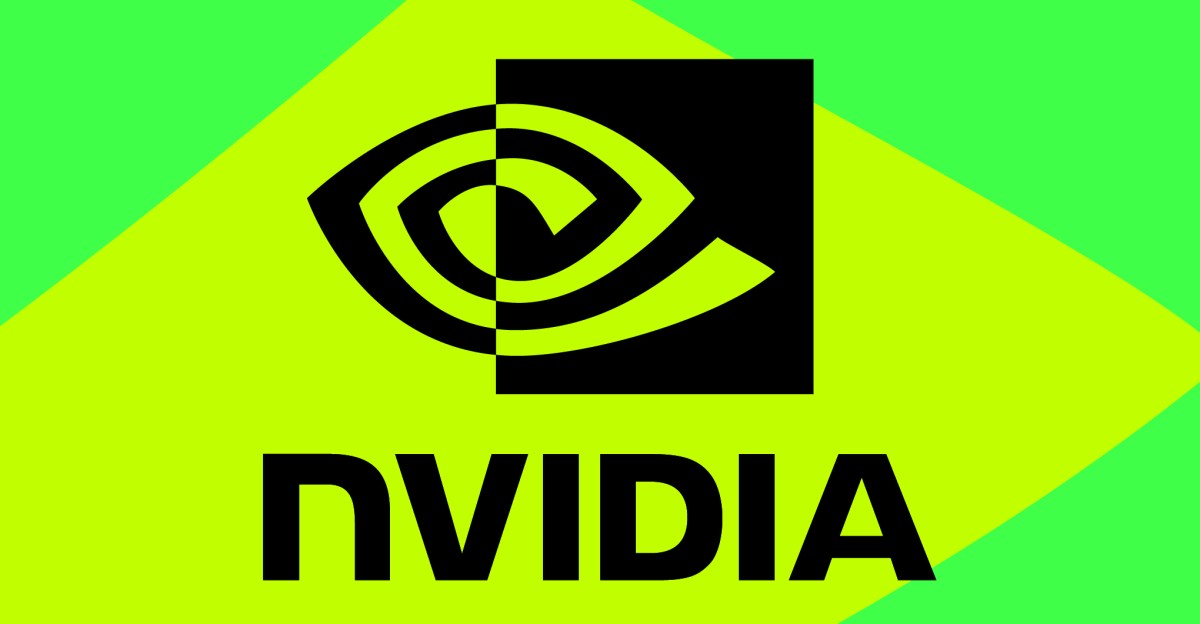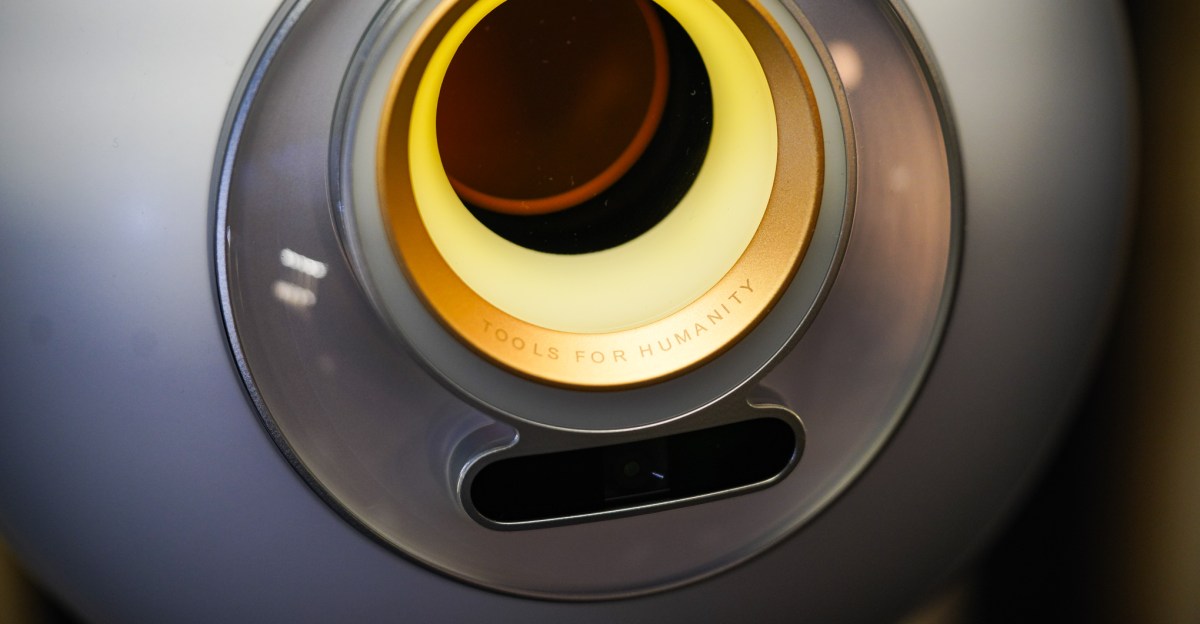The Nvidia G-Assist update marks a significant advancement in AI chatbot technology by incorporating plugin and API support, enabling developers to seamlessly connect G-Assist to a range of external services and tools. This upgrade signals Nvidia’s commitment to expanding AI chatbot functionality beyond standalone interactions, effectively paving the way for a more integrated user experience. According to Techmeme, the latest version allows integrations with popular platforms such as Spotify and Google’s Gemini, helping developers automate tasks and enhance conversational AI capabilities.
What is Nvidia G-Assist and Why This Update Matters
Nvidia’s G-Assist initially garnered attention as an AI-powered chatbot designed to provide intelligent, context-aware interactions, leveraging Nvidia’s cutting-edge AI models. The recent update transforms G-Assist into a more versatile tool by introducing API access and plugins, which significantly broadens potential applications for developers and end-users alike. This expansion aligns with the growing trend of AI chatbots adopting modular, extensible architectures to support third-party services.
With API and plugin support, developers can now connect G-Assist to external services, allowing for dynamic data retrieval, music streaming controls, scheduling, and other practical integrations. The inclusion of Spotify, a leading music streaming service, alongside Gemini, a sophisticated AI model by Google, exemplifies Nvidia’s strategy to blend entertainment and advanced AI into unified workflows. This fosters new use cases such as voice-controlled music sessions or complex multi-AI orchestrations.
Key Features of the Nvidia G-Assist Update
The Nvidia G-Assist update offers several compelling features that highlight its enhanced capabilities:
- Plugin Support: Developers can create and deploy plugins that expand G-Assist’s functionality in customized ways, opening the door to tailor-made integrations across industries.
- API Accessibility: The newly enabled API endpoints facilitate smooth communication between G-Assist and third-party platforms, enabling automated data exchange and interaction triggers.
- Integration with Popular Services: Direct connections to Spotify and Google’s Gemini model allow G-Assist to access diverse datasets and services, enriching responses and actions.
- Developer-Friendly Tools: Nvidia provides comprehensive SDKs and documentation to help developers quickly onboard and innovate with G-Assist’s new extensible framework.
- Improved User Interaction: End-users benefit from more fluid, context-aware conversations that can span multiple services without switching platforms.
Contextual Significance in AI Automation
This update places Nvidia G-Assist as a formidable player in the AI automation landscape. As enterprises increasingly rely on automated workflows, having an AI chatbot that interfaces with APIs and external tools amplifies the scope of automation processes. It allows businesses to streamline operations such as customer service, content delivery, and smart home control.
Furthermore, the Nvidia G-Assist update mirrors broader industry trends where AI platforms like OpenAI and Google are pushing towards API-driven architectures. By providing plugin and API integration, Nvidia competes directly with these models, presenting an “AI automation ecosystem” that is customizable and scalable.
Implications for Developers and Industries
Developers now have the power to design bespoke solutions using Nvidia G-Assist as a foundation. This capability is particularly valuable for sectors such as entertainment, education, customer support, and IoT environments.
For example, music apps can leverage the Spotify plugin to create voice-command playlists or recommend songs based on the user’s preferences learned through conversation. Meanwhile, integration with Gemini enables advanced reasoning and content generation tasks within the chat interface, enhancing productivity apps.
Moreover, automating multi-platform workflows becomes more intuitive. In smart home settings, G-Assist can coordinate commands across various devices and services, resulting in seamless interconnected experiences.
Challenges and Considerations
While the update offers exciting possibilities, developers and organizations must consider challenges such as data privacy, API security, and service compatibility. Ensuring that plugins adhere to strict privacy guidelines is crucial, especially when handling user data across multiple platforms.
Additionally, maintaining a smooth user experience requires robust error handling and fallback mechanisms within the integrations. Nvidia’s continuous support and updates will be vital to encourage developer adoption and dependability of service connections.
What Nvidia G-Assist Update Means for the AI Community
This strategic move by Nvidia points toward an ecosystem where AI chatbots evolve from isolated assistants into central hubs that orchestrate complex tasks across software and hardware landscapes. By empowering developers with API and plugin capabilities, Nvidia enhances the potential for innovative AI solutions that are custom-tailored and operationally rich.
Communities focused on AI development, automation, and digital assistants stand to benefit from easier access and more flexible tools. The partnership possibilities hinted at by integrating with services like Spotify and Gemini suggest a future where AI is not just reactive but synergistically connected with our daily digital lives.
Staying Updated
Developers and tech enthusiasts interested in leveraging the new capabilities of Nvidia G-Assist can find detailed documentation and SDK downloads on Nvidia’s official developer portals. For ongoing developments and community discussions, platforms like Techmeme continue to provide timely updates and analysis.
As AI automation becomes more sophisticated, services like Nvidia G-Assist will likely influence how conversational AI integrates with the broader technology stack, benefitting users and businesses alike.
In summary, the Nvidia G-Assist update substantially advances AI chatbot capabilities by offering plugin and API support that allows developers to connect to popular external services such as Spotify and Gemini. This development, reported by Techmeme, marks an important step towards more flexible and integrated AI-driven automation solutions.


